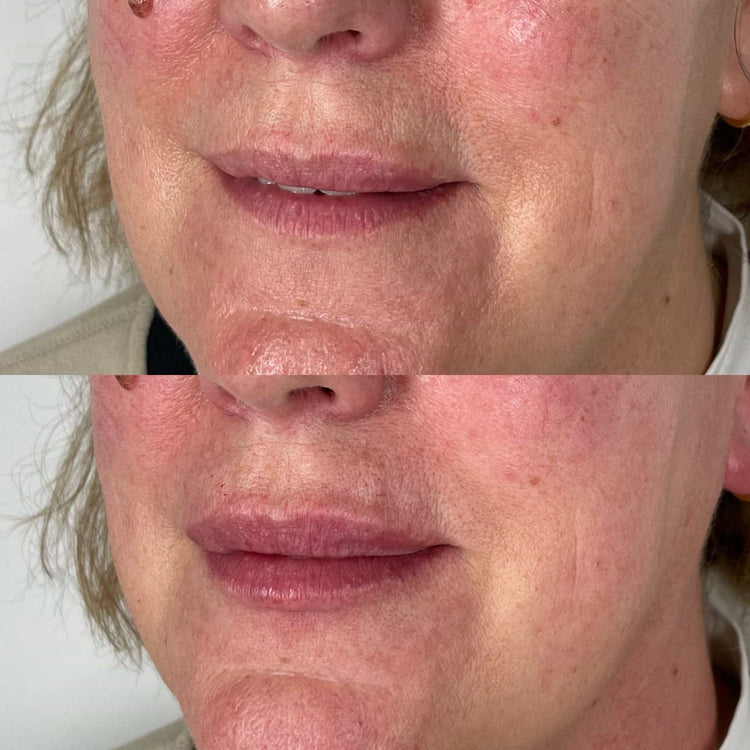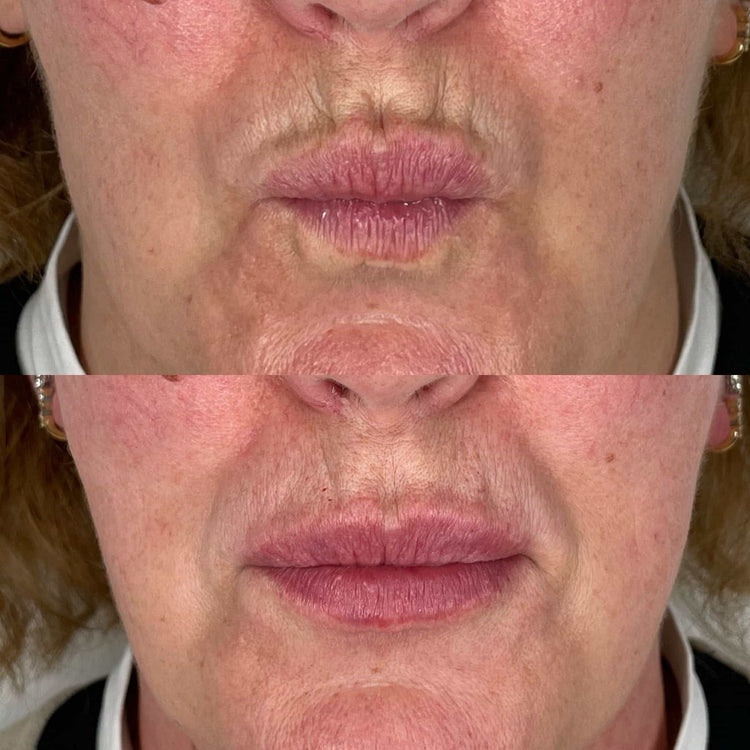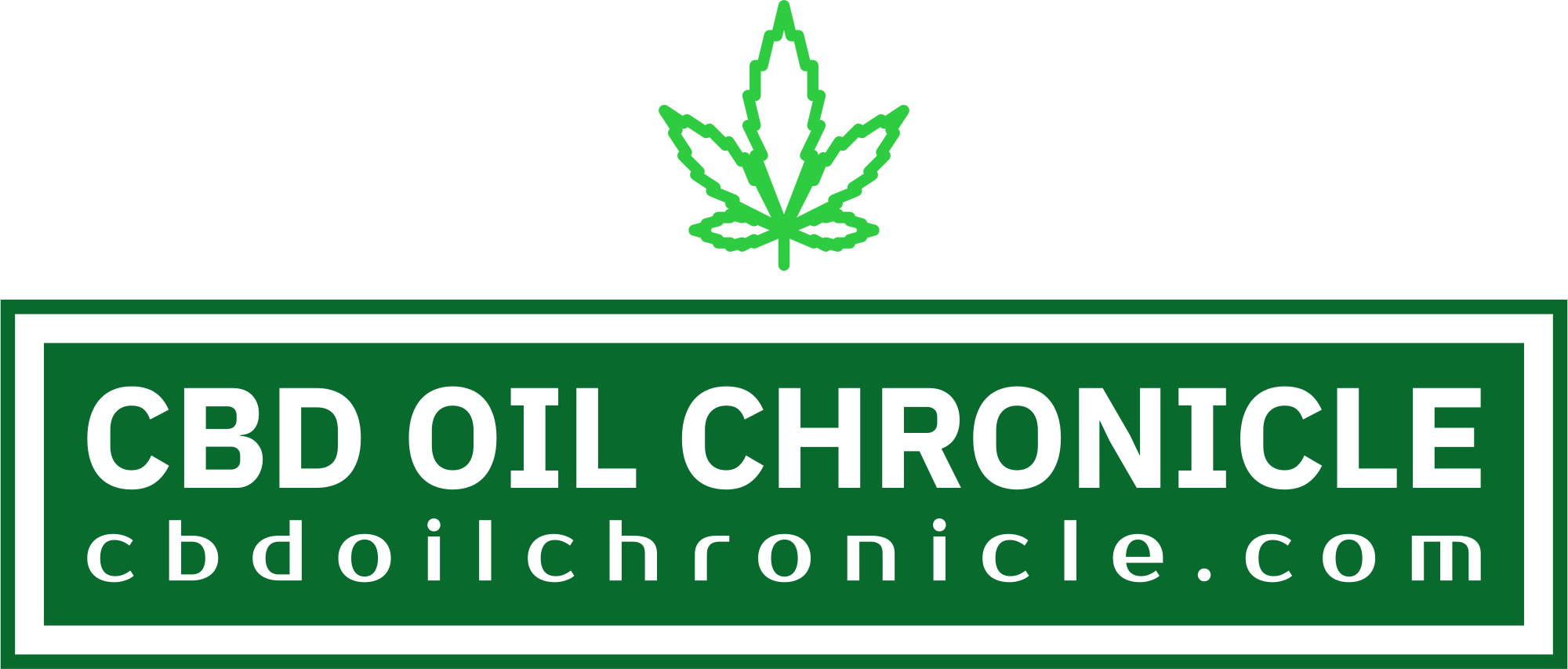Medical History
Medical history is an essential component of any healthcare encounter, providing valuable insights into a patient’s past health experiences, predispositions, and current conditions. It helps physicians make informed diagnoses, develop personalized treatment plans, and predict potential complications.
Current Smoking Habits
When conducting a consultation with a smoker, it is crucial to delve into their medical history to assess potential risks and inform treatment strategies. Key questions include inquiring about previous respiratory illnesses, family history of smoking-related diseases like lung cancer or heart disease, and any existing medical conditions that may be exacerbated by smoking.
Furthermore, understanding the patient’s current smoking habits is paramount. This involves asking about the number of cigarettes smoked per day, the duration of their smoking history, and whether they have attempted to quit in the past. It’s also important to explore their motivation for quitting and any perceived barriers they face.
Past Smoking History
Medical history is an essential component of any healthcare encounter, providing valuable insights into a patient’s past health experiences, predispositions, and current conditions. It helps physicians make informed diagnoses, develop personalized treatment plans, and predict potential complications.
When conducting a consultation with a smoker, it is crucial to delve into their medical history to assess potential risks and inform treatment strategies. Key questions include inquiring about previous respiratory illnesses, family history of smoking-related diseases like lung cancer or heart disease, and any existing medical conditions that may be exacerbated by smoking.
Furthermore, understanding the patient’s current smoking habits is paramount. This involves asking about the number of cigarettes smoked per day, the duration of their smoking history, and whether they have attempted to quit in the past. It’s also important to explore their motivation for quitting and any perceived barriers they face.
To gain a comprehensive understanding of a smoker’s medical history, consider asking the following questions:
- Do you have any history of respiratory illnesses such as asthma, bronchitis, or pneumonia?
- Does anyone in your family have a history of smoking-related diseases like lung cancer, heart disease, or stroke?
- What other medical conditions do you currently have?
- How many cigarettes do you smoke per day?
- For how long have you been smoking?
- Have you ever tried to quit smoking? If so, what methods did you use and why were they unsuccessful?
- What are your motivations for quitting smoking?
- What are your biggest concerns or barriers to quitting smoking?
Other Health Conditions
Medical history is an essential component of any healthcare encounter, providing valuable insights into a patient’s past health experiences, predispositions, and current conditions. It helps physicians make informed diagnoses, develop personalized treatment plans, and predict potential complications.
When conducting a consultation with a smoker, it is crucial to delve into their medical history to assess potential risks and inform treatment strategies. Key questions include inquiring about previous respiratory illnesses, family history of smoking-related diseases like lung cancer or heart disease, and any existing medical conditions that may be exacerbated by smoking.
Furthermore, understanding the patient’s current smoking habits is paramount. This involves asking about the number of cigarettes smoked per day, the duration of their smoking history, and whether they have attempted to quit in the past. It’s also important to explore their motivation for quitting and any perceived barriers they face.
To gain a comprehensive understanding of a smoker’s medical history, consider asking the following questions:
- Do you have any history of respiratory illnesses such as asthma, bronchitis, or pneumonia?
- Does anyone in your family have a history of smoking-related diseases like lung cancer, heart disease, or stroke?
- What other medical conditions do you currently have?
- How many cigarettes do you smoke per day?
- For how long have you been smoking?
- Have you ever tried to quit smoking? If so, what methods did you use and why were they unsuccessful?
- What are your motivations for quitting smoking?
- What are your biggest concerns or barriers to quitting smoking?
Medications and Supplements
Understanding a patient’s medical history is crucial when assessing their risks associated with smoking. Questions should explore past respiratory illnesses, family history of smoking-related diseases, and existing medical conditions that could be worsened by smoking.
Delving into the patient’s current smoking habits is also essential. Inquire about the number of cigarettes smoked daily, the duration of their smoking history, and previous attempts to quit. Understanding their motivations for quitting and any perceived barriers they face can provide valuable insights.
Procedure Details
Procedure Details: When consulting with a smoker, it’s vital to gather comprehensive medical history information. This involves inquiring about past respiratory illnesses, family history of smoking-related diseases, and existing medical conditions that could be exacerbated by smoking. Understanding their current smoking habits, including daily cigarette consumption, duration of smoking, and previous quit attempts, is also crucial. Additionally, exploring their motivations for quitting and any perceived barriers they face can provide valuable insights for developing personalized treatment strategies.
Types of Filler Procedures Offered
Procedure Details: When consulting with a smoker, it’s vital to gather comprehensive medical history information. This involves inquiring about past respiratory illnesses, family history of smoking-related diseases, and existing medical conditions that could be exacerbated by smoking. Understanding their current smoking habits, including daily cigarette consumption, duration of smoking, and previous quit attempts, is also crucial. Additionally, exploring their motivations for quitting and any perceived barriers they face can provide valuable insights for developing personalized treatment strategies.
Types of Filler Procedures Offered: A variety of filler procedures exist, each designed to address specific aesthetic concerns.
Dermal fillers are injected into the skin to add volume, smooth wrinkles, and enhance facial contours. Common types include hyaluronic acid fillers, which are biodegradable and can last for several months, and calcium hydroxylapatite fillers, which provide a more long-lasting effect.
Filler Material Composition
Procedure Details: When consulting with a smoker, it’s vital to gather comprehensive medical history information. This involves inquiring about past respiratory illnesses, family history of smoking-related diseases, and existing medical conditions that could be exacerbated by smoking. Understanding their current smoking habits, including daily cigarette consumption, duration of smoking, and previous quit attempts, is also crucial. Additionally, exploring their motivations for quitting and any perceived barriers they face can provide valuable insights for developing personalized treatment strategies.
Filler Material Composition: Dermal fillers are primarily composed of hyaluronic acid or calcium hydroxylapatite. Hyaluronic acid is a natural substance found in the body that helps to hydrate and plump the skin. Calcium hydroxylapatite is a synthetic material that stimulates collagen production, leading to longer-lasting results.
Expected Results and Duration
Procedure Details: A thorough consultation involving detailed questions about medical history, smoking habits, motivations for quitting, and perceived barriers is crucial. This information guides personalized treatment strategies.
Expected Results: Successful cessation of smoking leads to numerous health benefits, including improved lung function, reduced risk of heart disease and cancer, and enhanced overall well-being.
Duration: The duration of quitting varies from person to person depending on individual factors like nicotine dependence, support systems, and treatment methods.
Recovery Process and Potential Side Effects
Procedure Details: When consulting with a smoker, it’s vital to gather comprehensive medical history information. This involves inquiring about past respiratory illnesses, family history of smoking-related diseases, and existing medical conditions that could be exacerbated by smoking. Understanding their current smoking habits, including daily cigarette consumption, duration of smoking, and previous quit attempts, is also crucial. Additionally, exploring their motivations for quitting and any perceived barriers they face can provide valuable insights for developing personalized treatment strategies.
Recovery Process: The recovery process after a filler procedure is generally minimal. Most individuals experience only mild swelling or bruising at the injection site, which typically subsides within a few days.
Potential Side Effects: Like any medical procedure, filler injections can have potential side effects. These are usually temporary and mild, including redness, swelling, pain, and itching at the injection site. More serious side effects, such as infection or allergic reactions, are rare but possible. It’s crucial to discuss any concerns or pre-existing medical conditions with the healthcare professional beforehand.
Cost and Logistics
Cost and logistics play a crucial role in determining the feasibility and accessibility of treatments for smokers seeking to quit. Understanding the financial implications and practical considerations involved in quitting is essential for patients making informed decisions about their health journey.
Consultation Fee
Consultation fees can vary depending on the healthcare provider’s experience, location, and the complexity of the consultation.
Inquire about the consultation fee upfront to ensure transparency and avoid unexpected costs.
Additionally, explore any available payment options or financing plans that may be offered by the clinic or healthcare provider.
Logistics, such as appointment scheduling, transportation, and childcare arrangements, can also impact a smoker’s ability to access quitting resources.
Discuss these logistical considerations with the healthcare provider to ensure a seamless and convenient experience for the patient.

Total Procedure Cost
When considering the costs associated with smoking cessation, it is important to factor in various expenses beyond the initial consultation fee.
- Consultation Fee: This covers the healthcare provider’s time and expertise in assessing your medical history, discussing quitting options, and developing a personalized plan.
- Medication Costs: Depending on the chosen method of smoking cessation, medications such as nicotine replacement therapy (NRT) or prescription drugs may be required. Inquire about the cost of these medications and explore any available insurance coverage or discounts.
- Support Programs: Group counseling, individual therapy, or online support programs can provide valuable assistance and accountability during the quitting process. The cost of these programs varies depending on the format and duration.
- Lifestyle Modifications: Quitting smoking may necessitate changes to your diet, exercise routine, or social habits. These modifications may involve additional expenses related to healthy food choices, gym memberships, or activities that promote stress relief.
Payment Options
Cost and logistics are important factors to consider when seeking help to quit smoking.
- Consultation Fees: Inquire about the cost of a consultation with a healthcare professional specializing in smoking cessation. Prices can vary based on experience, location, and the complexity of your case.
- Medication Costs: If you choose to use medication as part of your quit plan (like nicotine patches or prescription drugs), understand the associated costs and check if insurance coverage is available.
- Support Programs: Explore the costs of support groups, therapy sessions, or online programs designed to help people quit smoking. These can be valuable resources, but factor their cost into your budget.
- Lifestyle Changes: Be prepared for potential expenses related to adopting healthier habits like eating well and exercising more.
Also consider logistical aspects like finding a healthcare provider who accepts your insurance and is conveniently located. Discuss transportation needs and childcare arrangements if necessary.

Scheduling Appointments
Cost and logistics are important factors to consider when seeking help to quit smoking. Consultation fees can vary depending on the healthcare provider’s experience, location, and the complexity of your situation. It’s best to inquire about the consultation fee upfront to avoid surprises.
Medication costs also need to be factored in if you choose to use nicotine replacement therapy or prescription drugs. Inquire about prices and insurance coverage options. Support programs, like group counseling or online therapy, can be helpful but come with their own costs.
Think about potential lifestyle changes and associated expenses, such as healthy eating or joining a gym.
Logistics like transportation, childcare arrangements, and finding a provider who accepts your insurance should also be considered to make the process as smooth as possible.
- Why Can’t You Vape After Lip Filler - October 30, 2025
- What Is The Best Filler For Crepey Neck? - October 29, 2025
- What Are The 7 Levels Of Being High? - October 27, 2025
